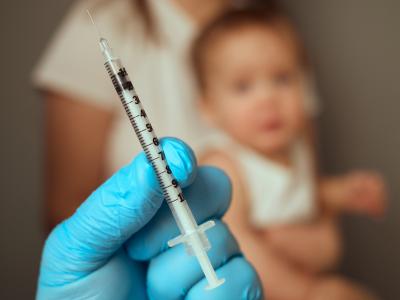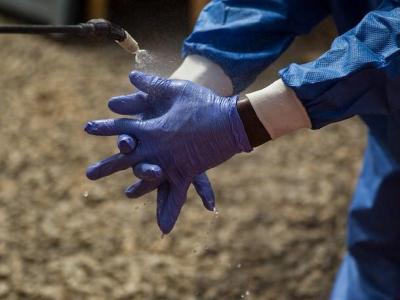Saudi Arabia today reported two more MERS-CoV infections, neither of them apparently linked to a hospital outbreak in Riyadh, and experts yesterday summarized their deliberations from a World Health Organization (WHO) meeting on MERS-CoV tests, treatments, and vaccines.
Cases in Duwadimi, Najran
One of the new MERS-CoV (Middle East respiratory syndrome coronavirus) cases from Saudi Arabia involves a 24-year-old man from Al Duwadimi in the central part of the country who has symptoms and is in stable condition, according to a statement from the country's Ministry of Health (MOH). The source of his illness is primary, meaning he did not contract the virus from another person.
The other patient is a 73-year-old woman from Najran in far southern Saudi Arabia who is hospitalized in critical condition. The MOH said she had indirect contact with camels.
The new cases boost Saudi Arabia's MERS-CoV total to 1,436 cases, 603 of them fatal. Eight people are still being treated for their infections.
Research, development plan
At the WHO, meanwhile, efforts are under way to speed up development of tests, treatments, and vaccines against pathogens that have pandemic potential, and the organization selected MERS-CoV as a case study to demonstrate how the process could be supported and coordinated.
Experts in and outside of the WHO met at the end of 2015 to discuss a research and development blueprint, and the group published a summary of the meeting yesterday in Nature Medicine.
One priority was an easy-to-use diagnostic test to quickly distinguish MERS-CoV from other respiratory infections, which would be especially useful to reduce the risk of hospital outbreaks and assist with surveillance. Some of the treatment discussion revolved around monoclonal antibodies and virus monitoring and research questions surrounding them.
The report said about a dozen vaccine candidates are at preclinical development stage, and seven of them were presented at the meeting. Most are targeted to humans, but two are targeted to camels. The expert group talked about three vaccine indications: a single dose for outbreak response, two doses for people at risk such as camel handlers, and vaccines for camels, especially juvenile ones.
Experts agreed on four priorities: a lab surveillance network to serve as an early warning, research to better understand the virus, countermeasure development, and a donor mechanism to fund countermeasures from development to post-licensing.
See also:
Jul 8 Saudi MOH statement
Jul 7 Nature Med report



















